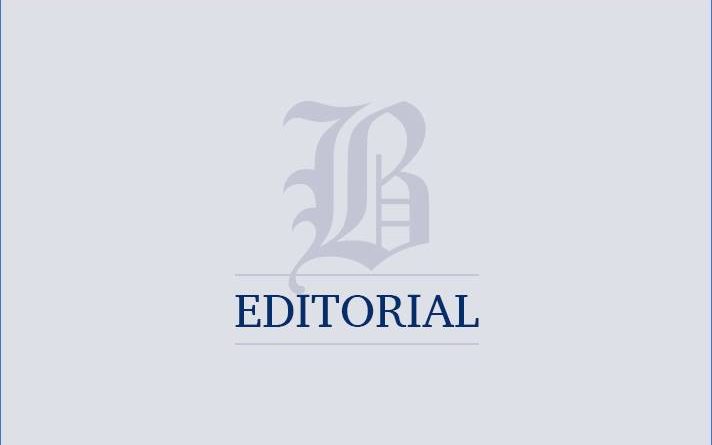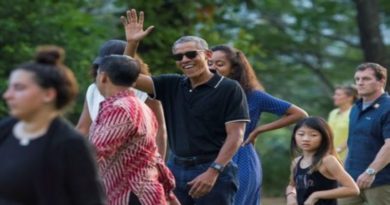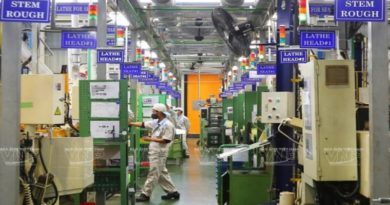EDITORIAL: No room for complacency
No room for complacency
Sunday saw Thailand ease some of its lockdown measures further in order to revive the economy. Among those businesses allowed to resume operations were department stores and some activities in sports centres. The Prayut Chan-o-cha government also rolled out the Thai Chana website and QR code system as a preventive measure to track people in case of infection.
It did not all go smoothly, though. The sight of people thronging the aisles at a mega-store caused concerns over a second wave, while there were reports that another major store had to turn customers away in order to maintain social distancing.


.
But the government, and the Centre for Covid-19 Situation Administration (CCSA) in particular, cannot entirely blame the people. Since it chose to reopen the shops on a Sunday, crowds could hardly be avoided.
The CCSA’s reaction was different from the last time when an electric train system failure resulted in hundreds of passengers being stranded at stations. This time it appeared to be satisfied with the overall situation.
CCSA spokesman Taweesilp Visanuyothin played down the concerns over the big crowd at the store, saying all concerned are in the process of learning how to navigate our “new normal” and he appreciated the cooperation of the people and businesses operators so far. The spokesman also no longer stressed the need for people to work from home which sent the message that things are now “business as usual”.
While his apparent satisfaction may stem from the fact that the number of new infection cases is well under control, it is probably premature to raise a glass of champagne to celebrate.


In fact, room still remains for improvement if the country is to maintain its control over the spread of Covid-19. The authorities must not accept any compromises that may lead to a renewed rise in contagion.
There appear to be loopholes in some particular at-risk sectors like the public transport system, ie public buses operated by the Bangkok Mass Transit Authority (BMTA) and private concessionaires.
BMTA director Surachai Iamwachirasakul told local media that he expected a big increase in bus passengers after the second phase of reopening — 100,000 more per day, or 600,000 in total. Before Covid-19 hit the country, there were almost one million passengers a day.
According to Mr Surachai, the BMTA only has 3,000 buses in its fleet. That number does not seem proportionate with demand given that each bus can use only 70% of its capacity in order to maintain social distancing. The agency has increased bus frequency to 25,000 trips altogether to accommodate the passengers. Does this mean there is little or no time for disinfection after each trip?


The BMTA should look into temporarily adding vehicles to the system. One possible option is to hire tour buses that are currently unused due to the absence of tourists. The cash-strapped BMTA should seek help from the Transport Ministry as this could mean income for drivers in the tour business during this slow period.
In addition, the CCSA should also make sure that people working in the food sector comply with health guidelines, with 100% use of face masks for chefs and cooks, while it should encourage agencies concerned to provide more hand-washing facilities in public places like wet markets as people mostly use cash. These are just a few examples.
On top of that, it should maintain public education and awareness about health and hygiene to ensure people do not become complacent and give the virus another chance to ravage the country.
EDITORIAL
BANGKOK POST
These editorials represent Bangkok Post thoughts about current issues and situations.
Email : [email protected]


 SIGN UP TO RECEIVE OUR EMAIL
SIGN UP TO RECEIVE OUR EMAIL
The most important news of the day about the ASEAN Countries and the world in one email: [email protected]










